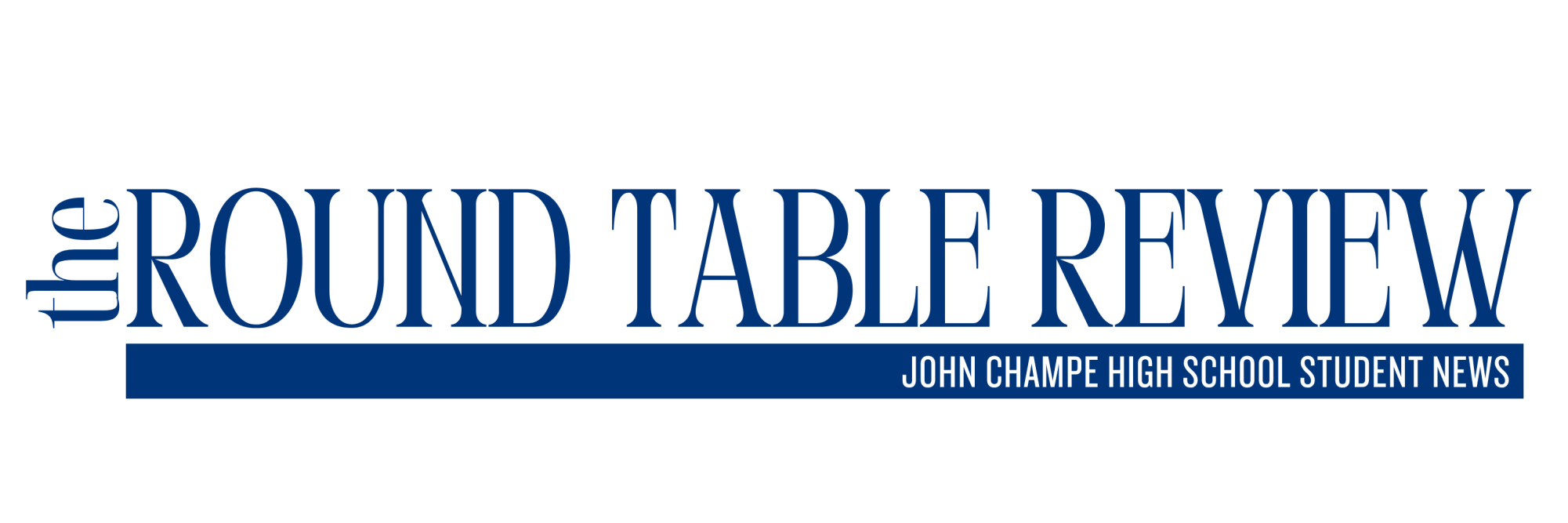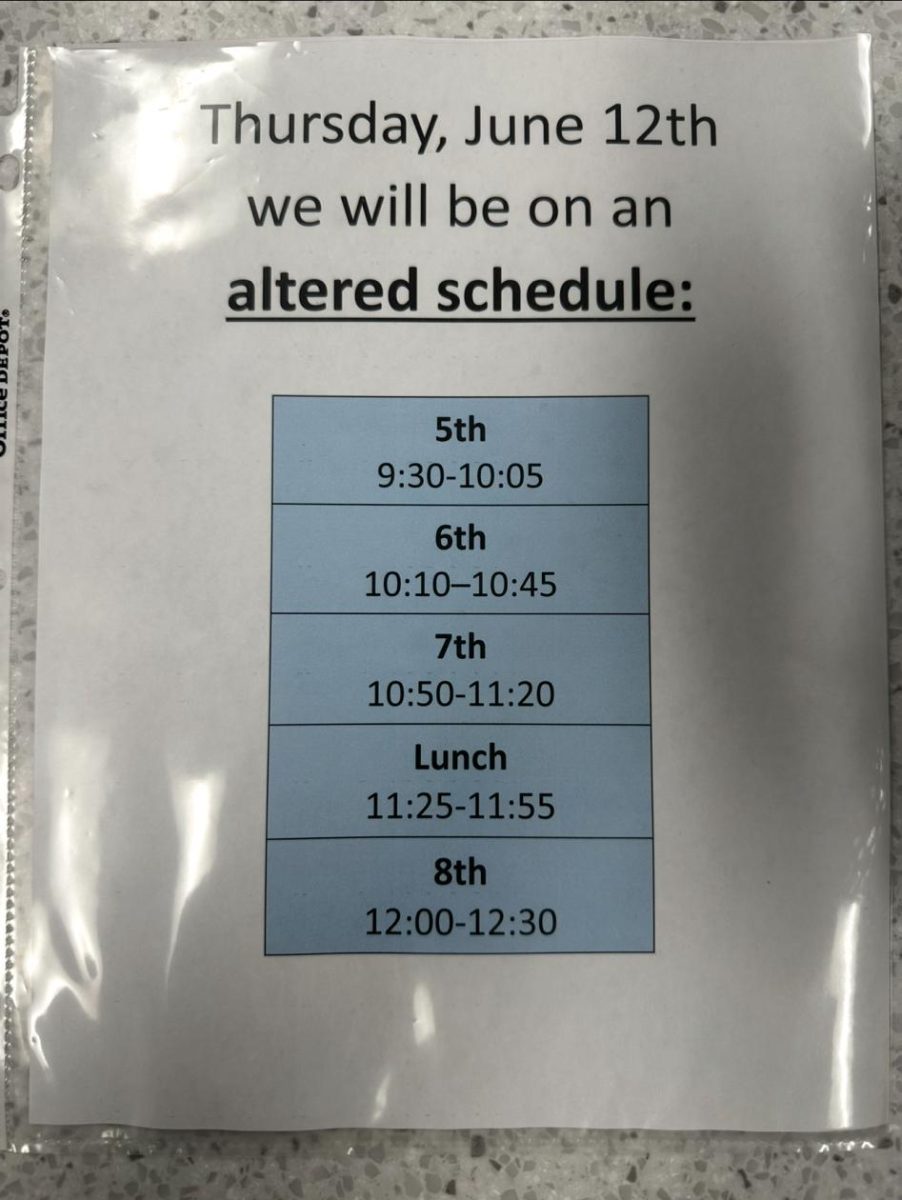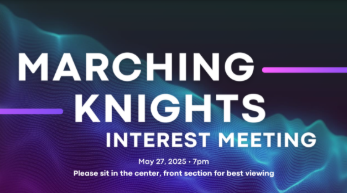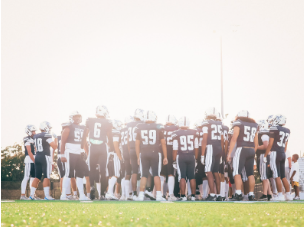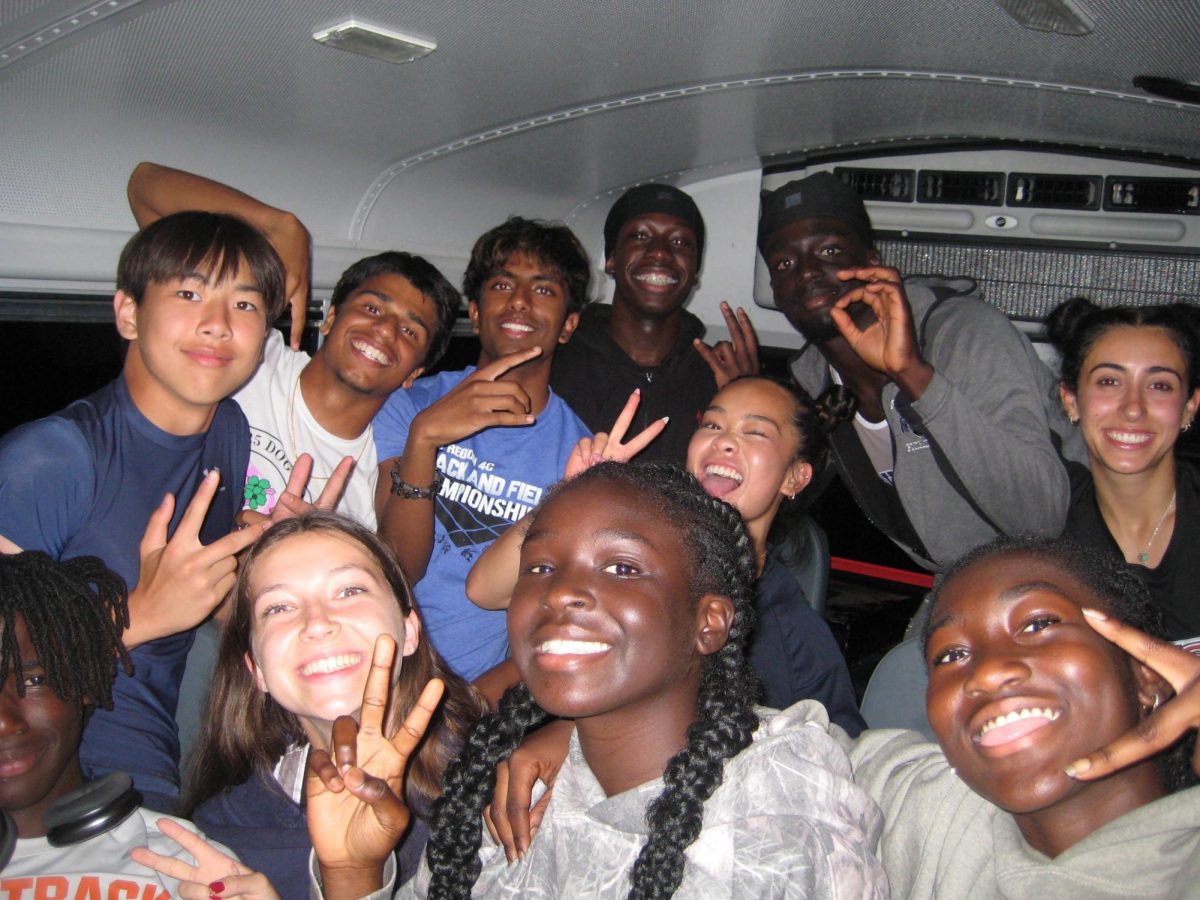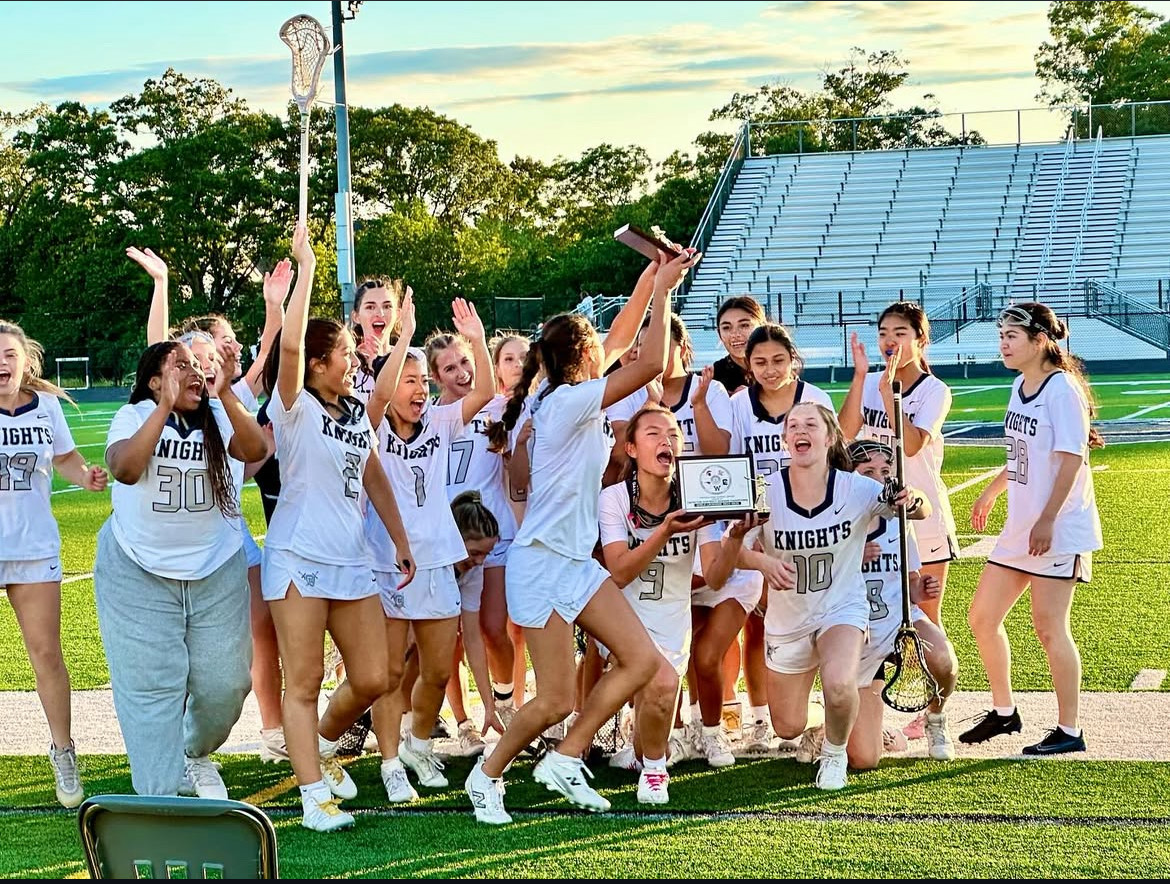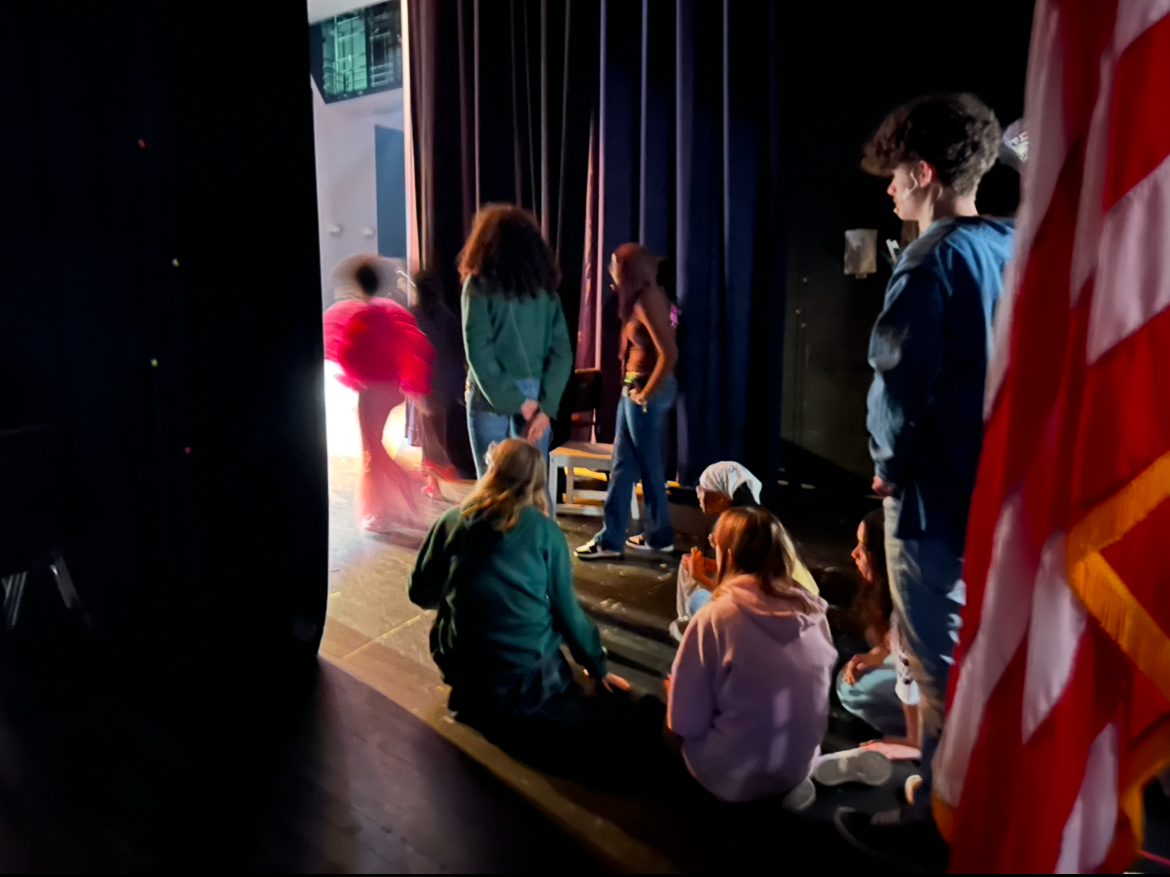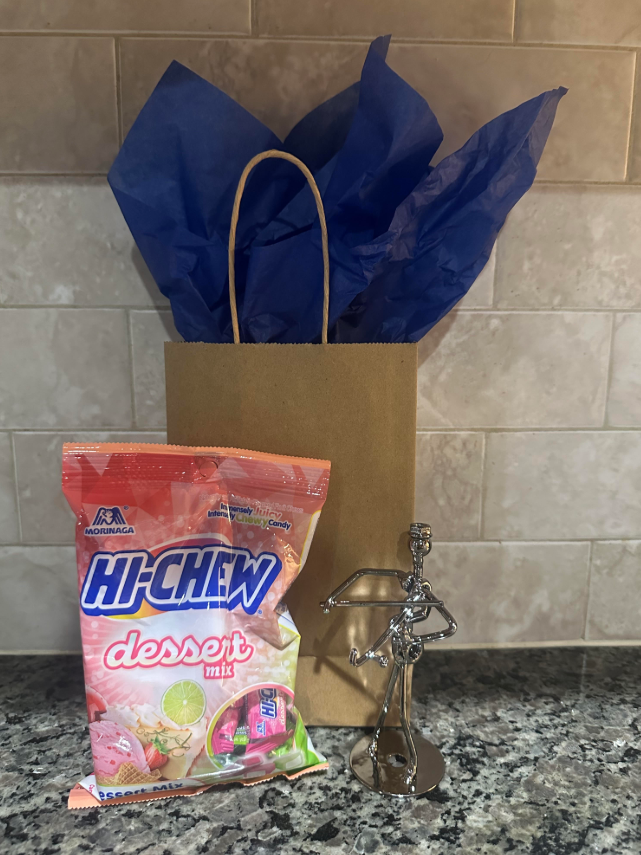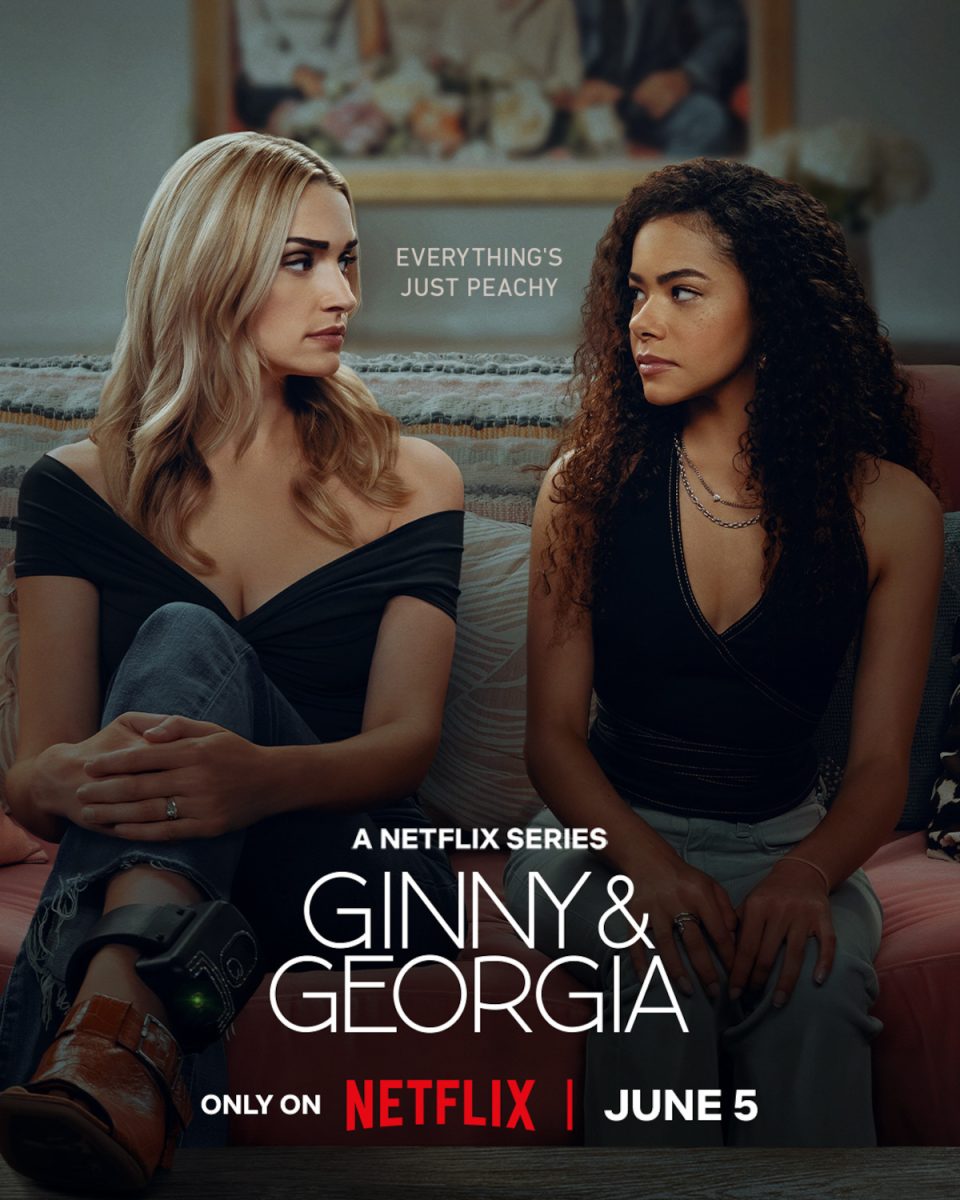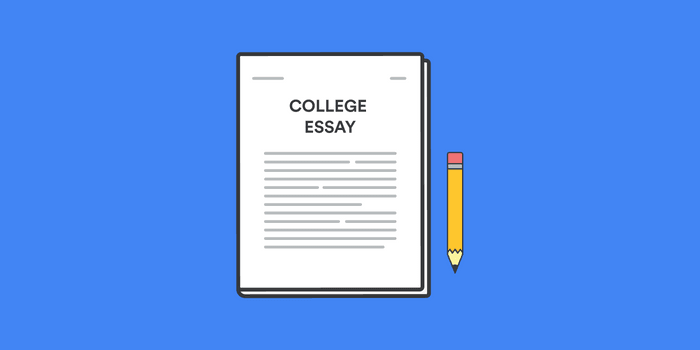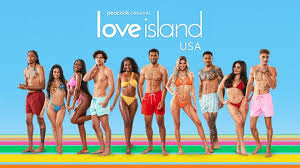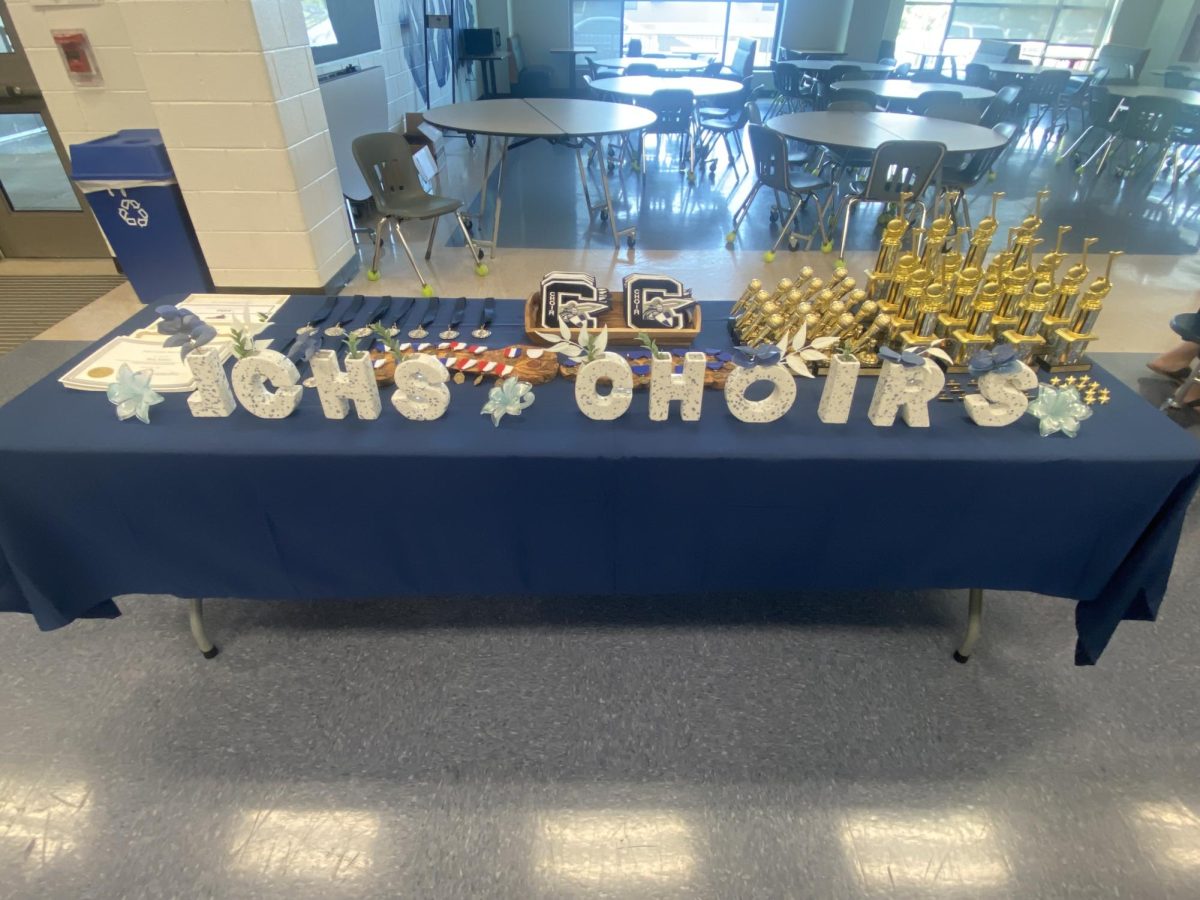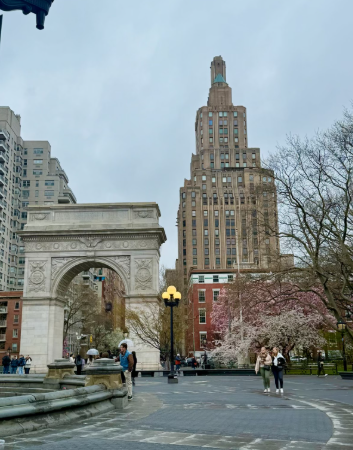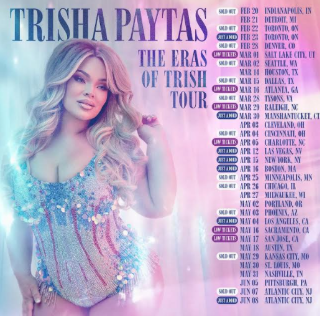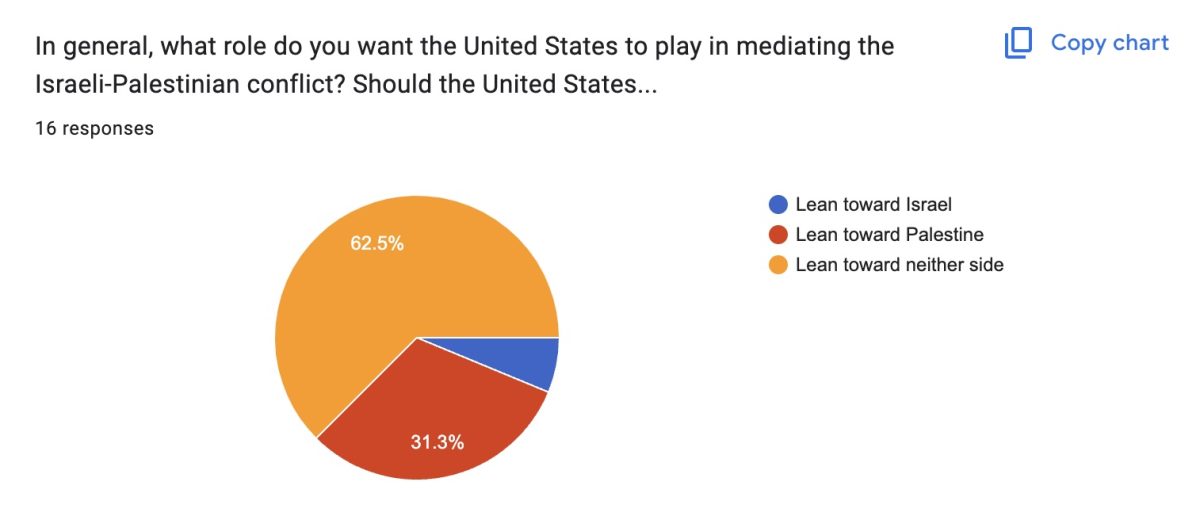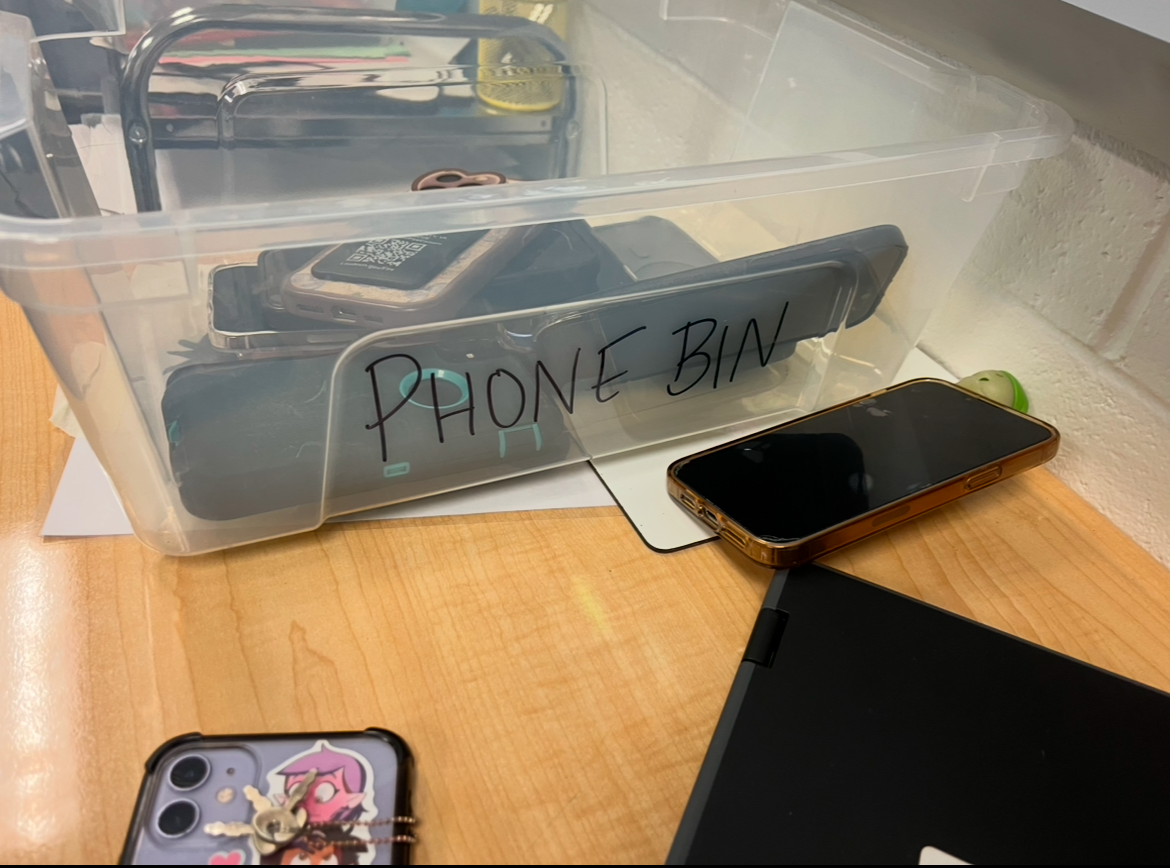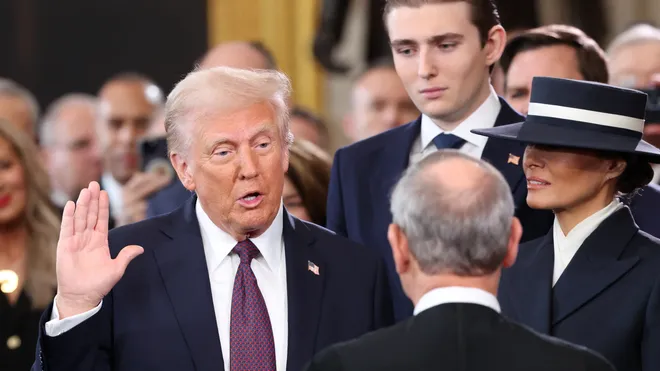Banned Books: Who, What, Why?
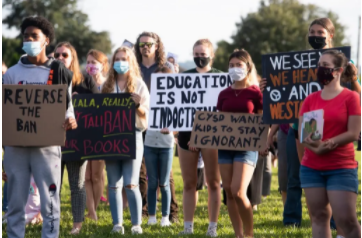
With recent movements against racial injustice, topics surrounding racial inclusivity have entered the school system. However, it’s unclear how these movements have influenced pushes to ban certain books in schools.
In Loudoun county alone, protests highlighted national news reels from the use of critical race theory in schools and the rights of transgender and gender-nonconforming students. More recently, however, a similar movement led by parents and conservative representatives is banning certain books they classify as “explicit”. However, many argue that the movement rose as a result of increased inclusivity in books with themes of tackling racial injustice and LGBTQ+ representation.
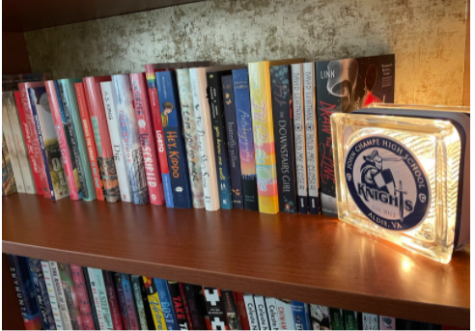
“Although there has been an increase in books representative of many different groups of people, this change has been slow and there is still room for improvement,” John Champe Librarian Catherine Cote said when asked about increased inclusivity in books. “According to the U.S. Census, approximately 60% of the U.S. population identifies as White and not Hispanic or Latino. However, the most recent statistics report that 70% of children’s books released in 2019 featured white characters, and 73% of children’s books were written by white authors.”
The debate surrounding banning explicit books was recently highlighted by the Spotsylvania School Board in Fredericksburg, Virginia. Representatives Rabih Abuismail and Kirk Twigg voiced that certain books should be burned. This cry for burning books has earned comparisons to German Nazis in World War II. In World War II, German Nazis burned thousands of books from schools and universities that they deemed “un-German,” according to the United Holocaust Memorial Museum.
“I think we should throw those books in a fire,” Rabih Abuismail said in the school board meeting, according to a report by The Free Lance-Star, in favor to removing digital and hard copy books that contain “sexually explicit” content.

Banning books is not something new. One of the first books banned in multiple states was Uncle Tom’s Cabin by Harriet Beecher Stowe, published in 1852. Stowe’s Uncle Tom’s Cabin includes pro-abolitionist views that were seen as a threat to Southern society prior to the American Civil War. The fervent polarization as a result of Uncle Tom’s Cabin resulted in a deeper divide between the North and South, providing the kindling of the American Civil War. More modern classics have also been challenged all over the country because of “explicit” themes. This includes, but is not limited to, George Orwell’s 1984, Harper Lee’s To Kill a Mockingbird, and, one of the most notorious banned books, Mark Twain’s Adventures of Huckleberry Finn. However, these books are read in high school English classes all over the U.S, making them part of the common literature that unites readers in today’s society. More recently, books that are challenged tend to be world-wide best sellers, including Harry Potter, The Hunger Games, and The Hate U Give.
“I am certain that administrators [in general] do not see their censorship as restrictive- instead, they see it as a necessary measure to protect impressionable students.” Project Lit ICC Representative Zaynab Mirza said. “However, many of these justifications are rooted in tradition and religion, which can significantly limit the amount of literature available to curious students. Removing books simply because one does not agree with the featured themes can have dire consequences, such as creating a narrow and limited worldview for readers.”
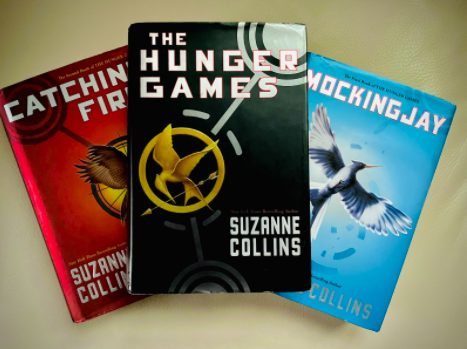
For example, Suzanne Collins’s The Hunger Games (THG) often tops The American Library Association’s (ALA) frequently challenged books each year. In the ALA’s Top 100 Banned and Challenged Books list from 2010-2019, THG takes the 12th spot, just behind Khaled Hosseini’s The Kite Runner. According to the Banned Book Project at Carnegie Mellon University, THG’s themes of anti-government and dystopian society influenced a 2014 anti-government movement in Thailand. Protestors used the three-finger symbol to express solidarity with those under oppressive government rule. However, though movements like this can be harmful, it’s important to not overlook the lessons and themes of a piece of literature that readers can take away for the better. The story navigates characters through complex situations, tackles oppressive regimes, and opens discussions surrounding poverty and the effects of war. Stories like THG contribute to the literary landscape of the U.S. by allowing for more open discussions of topics that have affected and continue to affect people in the U.S. and the world.
“One of my favorite books, Beloved by Toni Morrison, is frequently challenged,” Cote said. “There is nothing inherently incendiary or dangerous about these books, and I tend to think that if reading a single book can change your entire worldview, then your worldview must not have been very strong to begin with.”
